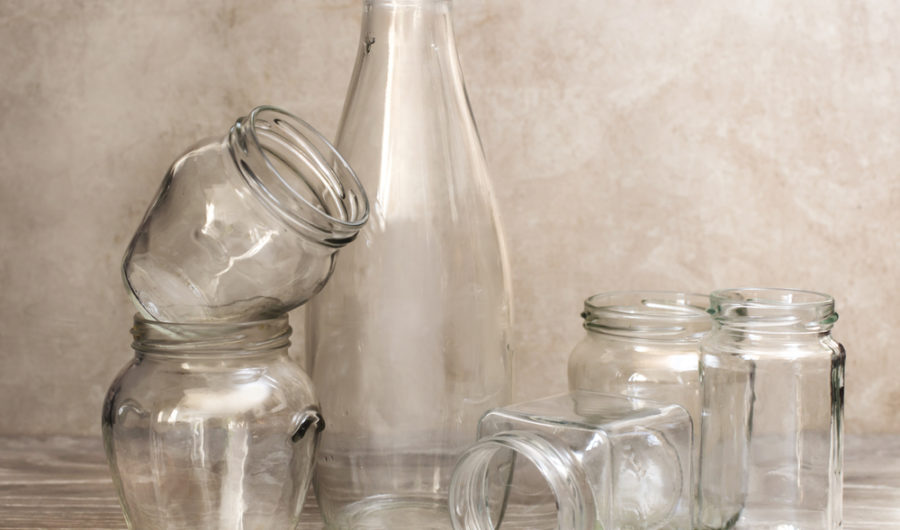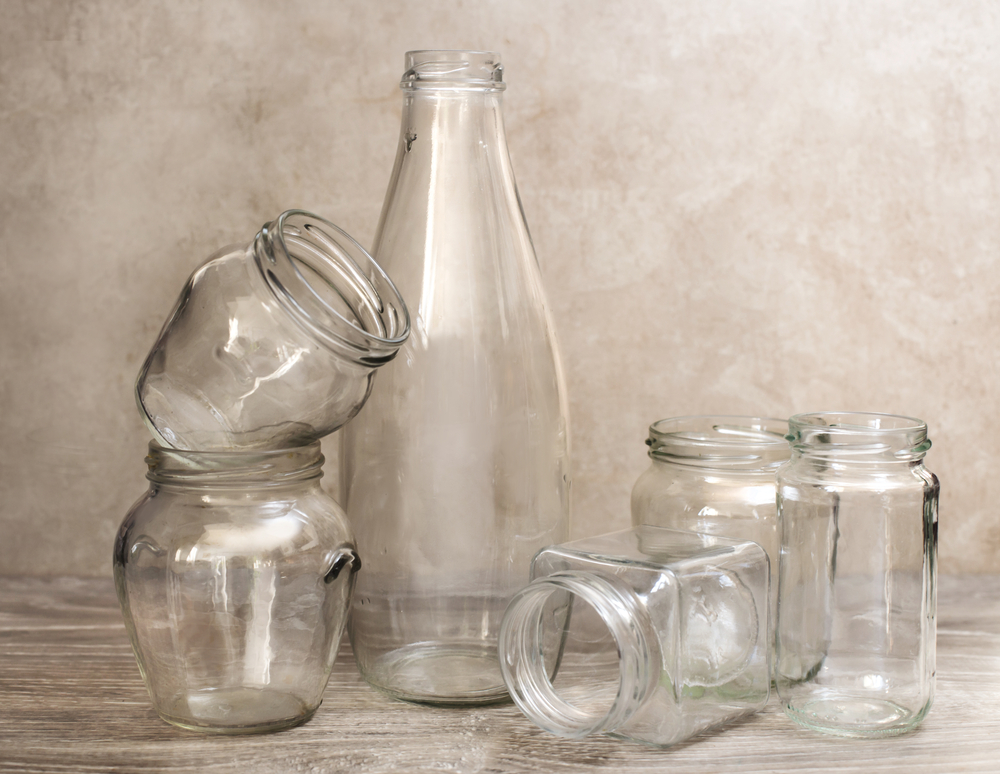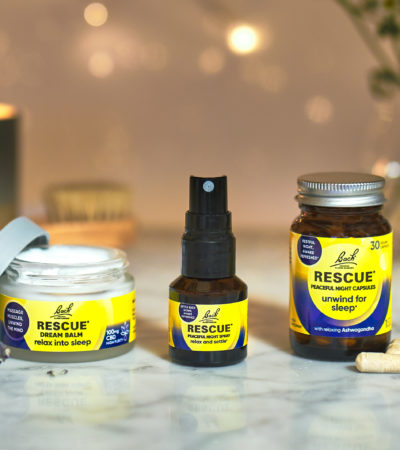With COP26 dominating the headlines this month, as world leaders come together to make plans on how to tackle climate change, many of us are making changes in our lives to help combat our environmental impact. However, while making steps such as recycling is important in reducing our carbon footprint, many of us are making similar mistakes and therefore counteracting our hard work. “Recycling properly and efficiently can be difficult, as the rules for recycling can be confusing,” Samantha Jones, recycling expert from MyJobQuote explains.
Below, Jones notes the top 5 most common recycling mistakes we are all guilty of making, including Christmas related mistakes, and offers advice on how to overcome these mistakes.
Not removing sticky tape
Most packaged goods contain some form of sticky tape to hold everything together. While most packaging, such as cardboard, can be recycled, many tend to leave the sticky tape on which can create dire consequences. “Sticky tape is not recyclable as it is typically made of polypropylene, which is a type of plastic,”, Jones explains. “By leaving sticky tape on recyclable materials, such as cardboard and paper, the material then becomes unrecyclable and ends up in landfill anyway.”
Jones advises removing all of the sticky tape from cardboard when recycling to avoid corrupting any recycling collections. “Seek eco-friendly alternatives to sticky tape, such as tapes made from bamboo and hemp which are biodegradable. Brown paper tape is also a good alternative, as it is plastic-free and easier to recycle.”
Clean off food leftovers
Many food products come in recyclable material, such as glass jars, aluminium cans, and even cardboard trays. A common mistake is to simply dispose of the product without cleaning them first. “Attempting to recycle something with food residue can contaminate other recyclables and therefore cause those products to be unrecyclable,” Jones explains.
“Rinse out all products which can be recycled before disposing of them to avoid any risk of contamination,” Jones advises. “If you do not, then you risk compromising your entire recycling bag.”
Incorrect separating
“By attempting to recycle something which can’t actually be recycled, you risk contaminating all the other recyclable materials,” Jones explains. “Not only this, but incorrect separation causes decreased efficiency in the recycling process, as non-recyclable goods must be handpicked out of the chain which is time-consuming and has a negative impact on the environment.”
So how can we avoid the risk of contamination? Jones advises that you should read the label carefully “most products should clearly state whether it can be recycled and how to do so. Most everyday household items can be recycled and left on the curbside. Depending on your council’s recycling guidelines, you may have to take it to a recycling centre. Do not be tempted to think ‘if it can be recycled somewhere else, then it can be recycled on the kerb’ as this won’t be the case and can still contaminate the recycling.”
Wrapping paper including in paper recycling
Most councils will not accept wrapping paper in their household recycling collection, so throwing them in with other paper recycling can affect the whole collection. “Wrapping paper is often dyed and laminated and can also contain glitter and plastics, which simply can’t be recycled,” Jones explains. “Other wrapping paper is very thin and doesn’t contain enough fibres for recycling.”
The best way to avoid any recycling mistakes with wrapping paper is to stop using the brightly coloured and thinner papers you can find in gift shops. “Using brown paper instead to wrap gifts is the best alternative, as this can be easily recycled, as long as there’s no ink on the paper,” Jones advises. “Another way is to simply use gift bags as opposed to wrapping paper, as although these can be harder to recycle too, they can be reused again and again.”
Batteries
Many people wrongly assume that batteries can be included in household recycling, however, this is not the case, in fact, even just throwing batteries away with general household waste can be dangerous. “Batteries contain metals which are harmful to the environment so if a battery becomes punctured then the harmful metals are able to permeate into the ground and reach water supplies,” Jones explains. “Even throwing them away into a recycling bag can be harmful, as some batteries can explode and catch fire when punctured.”
Many supermarkets offer battery banks where you can drop off any used batteries completely for free. “A money-saving and more environmentally friendly way to get batteries is to invest in rechargeable batteries which will inevitably last longer than standard,” Jones advises.
By Samantha Jones, recycling Expert at MyJobQuote















